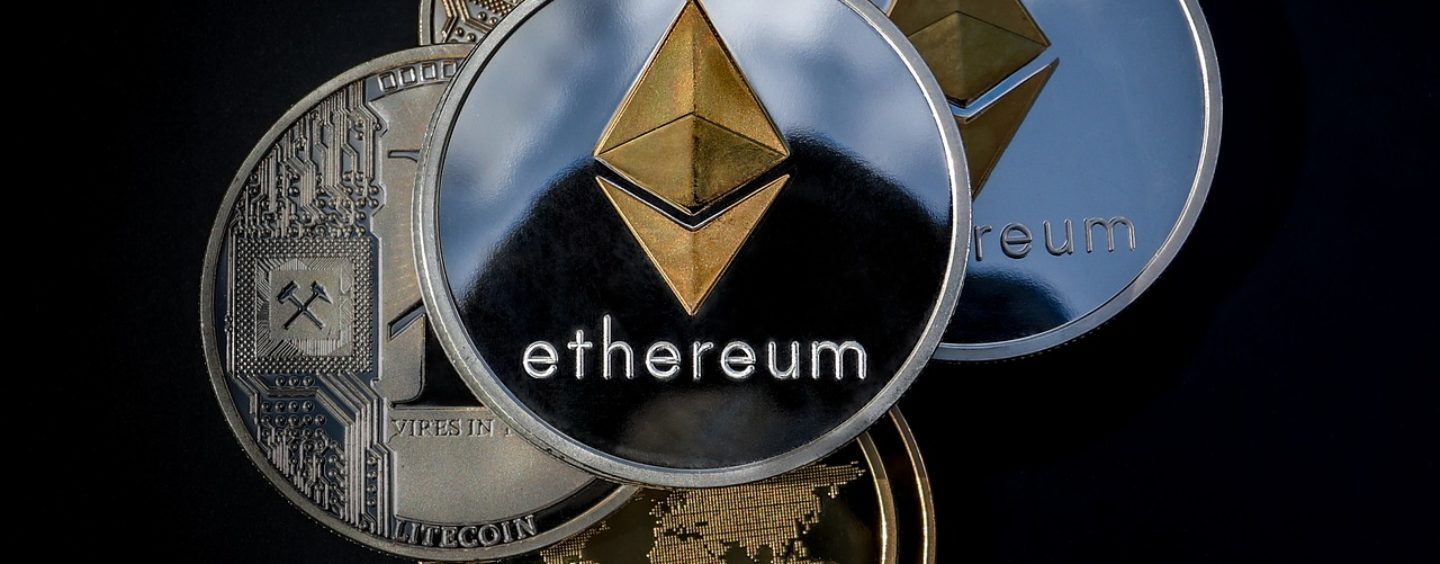Initial coin offerings (ICOs) have become a popular way for cryptocurrency and blockchain startups to raise funds. During an ICO, the company sells a certain amount of crypto-tokens at a set cost prior to listing the token on an exchange. Then, the company uses the money from the ICO to fund development and operations.
The practice boomed in 2017 and continues to attract huge amounts of funding in 2018 despite the cryptocurrency market being down. Since the start of the year, the price of bitcoin has fallen by more than 50% cutting mote than US$100 billion from its market capitalization. Ethereum has similarly plunged, and in the past month alone, the cryptocurrency shed nearly US$11 billion in market capitalization and lost 50% in only 1 month!
Despite the bloodbath, an astonishing US$7.6 billion has been invested in ICOs so far this year. In comparison, ICOs raised a total of US$3.8 billion in the whole of 2017 and less than US$100 million in 2016.
But now, evidences show that some ICOs are moving, at least part of their holdings, and cashing out. Ran Neu-Ner, a crypto investor and fund manager, tweeted earlier this month:
“Spent the morning with an ICO (not to be named) they raised US$30 million with a solid roadmap, they raised when ETH was US$1200. They panicked and sold their remaining ETH last night – they have US$4 million left.”
The sudden drop of Ethereum this week might also be linked to this trend. Many analysts including Eric Wall, a lead cryptocurrency researcher at fintech company Cinnober, said that blockchain projects that raised hundreds of millions of dollars in Ethereum in the past year dumped the cryptocurrency on the public cryptocurrency exchange market, creating a domino effect across all major exchanges.
Wall wrote in a tweet:
“The problem when you give millions of $ETH to $ETH competitors is that they can unload the $ETH on the spot market and short $ETH on the futures market before that, so they’re not only securing the funding but also manipulating the underlying spot market in favor of their shorts.”
Data by Santiment, which tracks ICOs, show that in Asia, Singapore-based QASH and TenX, and Indonesian Pundi X, have not sold or moved any of their ETH in the past month. The companies raised US$106 million, US$79.51 million, and US$35 million respectively.
Meanwhile, Singapore-based Cofound.it, Kyber Network, and Fusion, have either moved or sold 6,340 ETH, 2,000 ETH, and 859 ETH, after raising US$14 million, US$50 million, and US$44 million in their token sale respectively.
ICOs have grown in popularity in the past year, opening up access to early-stage investments to retail investors, and in fact, many of these have generated great returns including IOTA (3,967x), Ethereum (2,170x), NEO (2,000x), and Stratis (841x).
But a recent study by researchers from Boston College (BC) found that successful ICOs are actually quite rare. The research looked at more than 4,000 ICOs that raised a collective US$12 billion, most of that since January 2017, and found that more than half of ICO-funded startups fail within four months.
Featured image: Cryptocurrency, MaxPixel.net.








